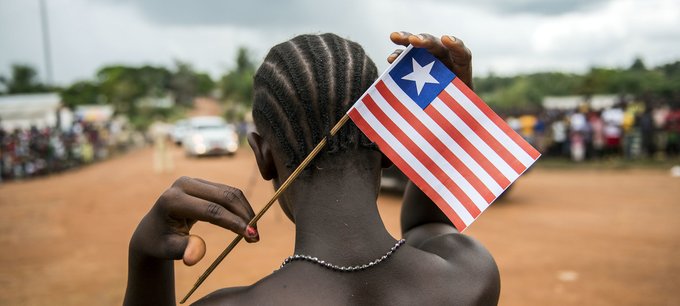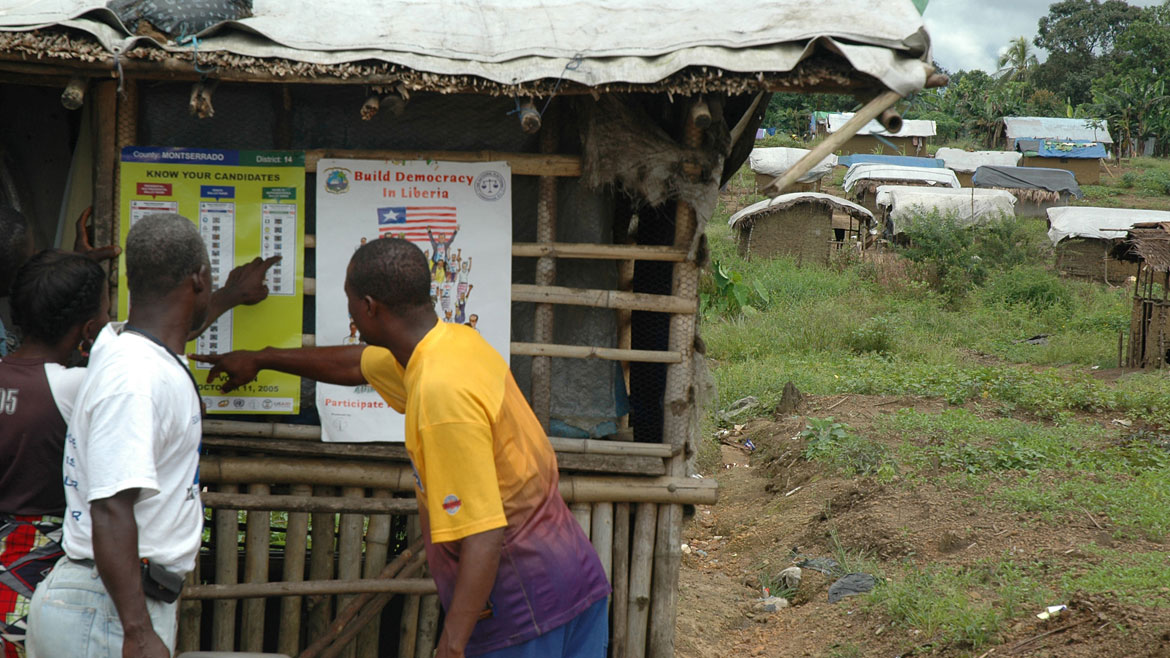In Liberia’s journey towards fostering a stable democracy, one of the most critical milestones has been the pursuit of violence-free elections. The nation’s tumultuous history, marked by civil wars and political unrest, made the commitment to peaceful elections a paramount goal. Today, as Liberia strives to strengthen its democratic institutions, the importance of violence-free elections cannot be overstated.
Liberia’s recent efforts to ensure violence-free elections have showcased the nation’s dedication to democratic principles and its desire to move beyond a history marred by conflict. These initiatives have involved multiple stakeholders, from the government to civil society organizations, and the results have been promising.
First and foremost, the role of the National Elections Commission (NEC) in Liberia cannot be underestimated. The NEC has been working diligently to enhance transparency, credibility, and inclusivity in the electoral process. The introduction of biometric voter registration and the deployment of electoral observers have contributed significantly to ensuring that elections are conducted fairly and without intimidation.

Additionally, political parties and candidates have played an essential role in fostering an environment of peace and stability. Encouragingly, many have adhered to a code of conduct that promotes peaceful campaigns and discourages hate speech and violence. Their commitment to engaging in healthy political competition sets a positive example for the nation.
Civil society organizations, both domestic and international, have been instrumental in promoting voter education and civic engagement. Their efforts to inform citizens about the importance of violence-free elections, as well as their work in mediating potential conflicts, have helped create an atmosphere conducive to peaceful voting.
Furthermore, the role of the media in Liberia cannot be overlooked. Responsible journalism has been instrumental in holding politicians and parties accountable for their actions and statements. Media outlets have provided a platform for balanced discourse and have raised awareness about the consequences of election-related violence.
In the international arena, Liberia’s partners and neighbors have played a pivotal role in supporting violence-free elections. Their commitment to assisting Liberia in maintaining peace during the electoral process has been a testament to the interconnectedness of regional stability and global democracy.
While Liberia has made significant strides in the pursuit of violence-free elections, challenges remain. Ensuring that the gains achieved so far are sustained and further strengthened is essential. This requires ongoing vigilance, accountability, and a commitment from all stakeholders to prioritize the nation’s democratic future over short-term political gains.
In conclusion, Liberia’s progress towards violence-free elections is a beacon of hope not only for the nation but for the entire continent. The dedication of the government, political parties, civil society, and international partners to this cause demonstrates that Liberia is firmly on the path to consolidating its democracy. By continuing to work together and upholding the principles of peace, transparency, and inclusivity.

